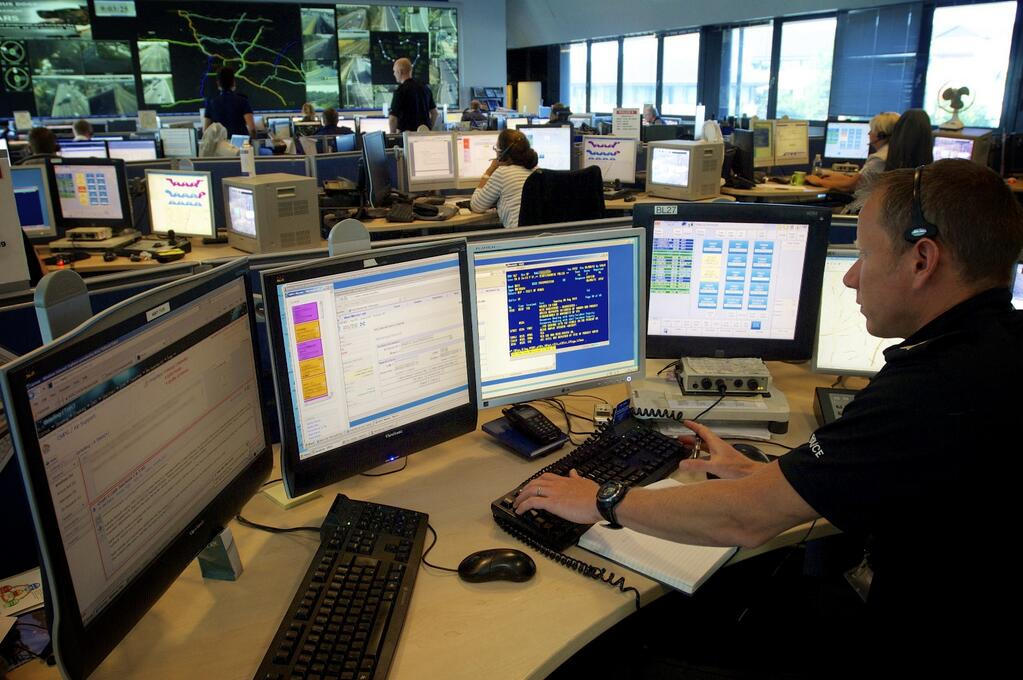With a Daily Dial, Police Reach Out to Seniors; Automated Telephone Reassurance Systems Began Nearly Three Decades Ago
By Jenni Bergal, Stateline, Pew Trusts

Living alone can be tough for seniors. Some don't have family nearby to check on them, and they worry that if they fall or suffer a medical emergency and can't get to the phone to seek help, no one will know.
That's why hundreds of police agencies in small towns, suburbs and rural areas across the country are checking in on seniors who live alone by offering them a free automated phone call every day.
Police officials say the computerized calling systems, which are fairly inexpensive and easy to use, provide an important service to a growing senior population that is expected to reach 65 million by 2025. Already, nearly half of women age 75 and older live alone.
And advocates for older adults say telephone check-in programs can help seniors remain independent in their homes and give them — and their family members — peace of mind.
"It helps ensure for the elderly person or their family that a phone call is being made every morning, that everything is OK. We've gotten incredible feedback on this program," said Cmdr. Jack Vaccaro, of the Lighthouse Point Police Department in Florida, which has nine seniors in its automated daily call program.
Automated telephone reassurance systems for seniors began nearly three decades ago. They have grown in popularity in recent years and now are used by police departments from California to Massachusetts.
Some police agencies take a more personal approach, using volunteers or dispatchers to place the calls.
Police departments are becoming more sensitive in responding to the needs of older adults, said Sandy Markwood, CEO of the National Association of Area Agencies on Aging. For instance, she said, they are training officers in how to handle seniors with dementia. Telephone check-in programs are another way of doing that.
"I think we’re seeing a trend with these types of programs, particularly in rural and smaller communities," she said. "It's a wise use of government dollars for first responders."
Seniors who sign up for telephone reassurance programs decide when they want to be called. They typically are required to give police the name and phone number of an emergency contact.
Participants get a computer-generated phone call every day — sometimes recorded by the police chief or sheriff — that asks them to press a certain number if they are OK. If they don't answer the phone, they'll get another computer-generated call, and sometimes additional ones.
Pages: 1 · 2
More Articles
- Facing Financial Ruin as Costs Soar for Elder Care
- Department of Labor Awards $5M to Train, Expand Pathways for Women for Registered Apprenticeships, Nontraditional Occupations
- National Institutes of Health: Common Misconceptions About Vitamins and Minerals
- A Yale Medicine Doctor Explains How Naloxone, a Medication That Reverses an Opioid Overdose, Works
- Kaiser Health News Research Roundup: Pan-Coronavirus Vaccine; Long Covid; Supplemental Vitamin D; Cell Movement
- How They Did It: Tampa Bay Times Reporters Expose High Airborne Lead Levels at Florida Recycling Factory
- A Scout Report Selection: Science-Based Medicine
- Journalist's Resource: Religious Exemptions and Required Vaccines; Examining the Research
- Government of Canada Renews Investment in Largest Canadian Study on Aging
- Kaiser Health News: Paying Billions for Controversial Alzheimer’s Drug? How About Funding This Instead?






